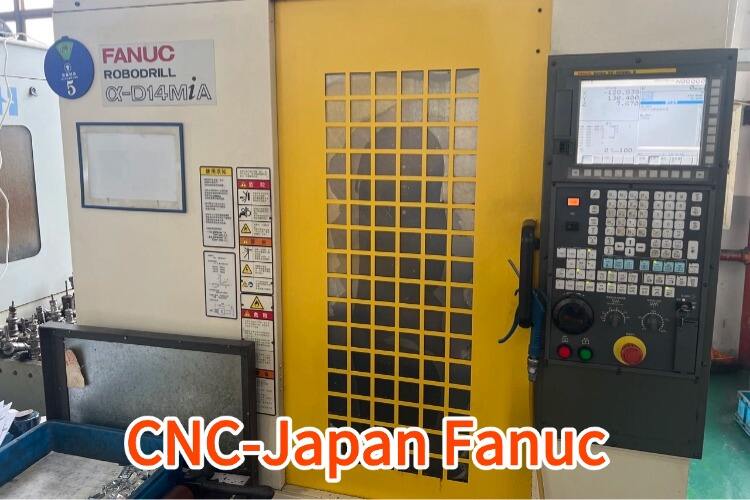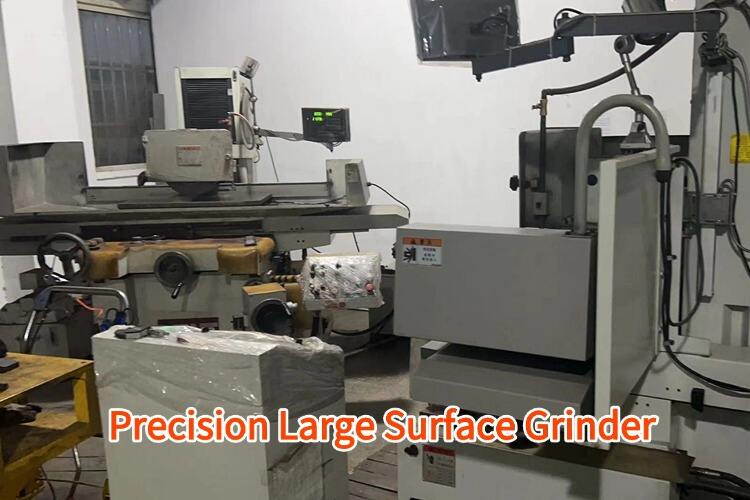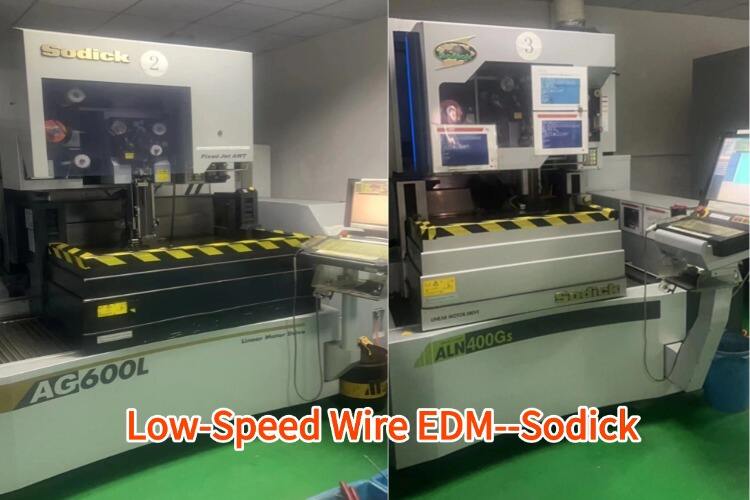automotive stamping
Automotive stamping is a sophisticated manufacturing process that plays a pivotal role in modern vehicle production. This critical metalworking method involves transforming flat metal sheets into specific components through controlled mechanical deformation. Using specialized dies and high-pressure presses, the process creates precise, three-dimensional parts essential for vehicle assembly. The technology employs advanced hydraulic or mechanical presses capable of exerting tremendous force, typically ranging from 100 to 5000 tons, to shape metal components. These presses work in conjunction with carefully designed tooling to produce parts that meet exact specifications. The process encompasses various operations including blanking, piercing, forming, and drawing, each contributing to the creation of different automotive components. From body panels and structural components to smaller brackets and reinforcements, automotive stamping delivers the precision and consistency required in modern vehicle manufacturing. The process is highly automated, incorporating advanced sensors and control systems to ensure quality and repeatability. Modern stamping facilities utilize sophisticated material handling systems and quality control measures to maintain production efficiency and part consistency.


